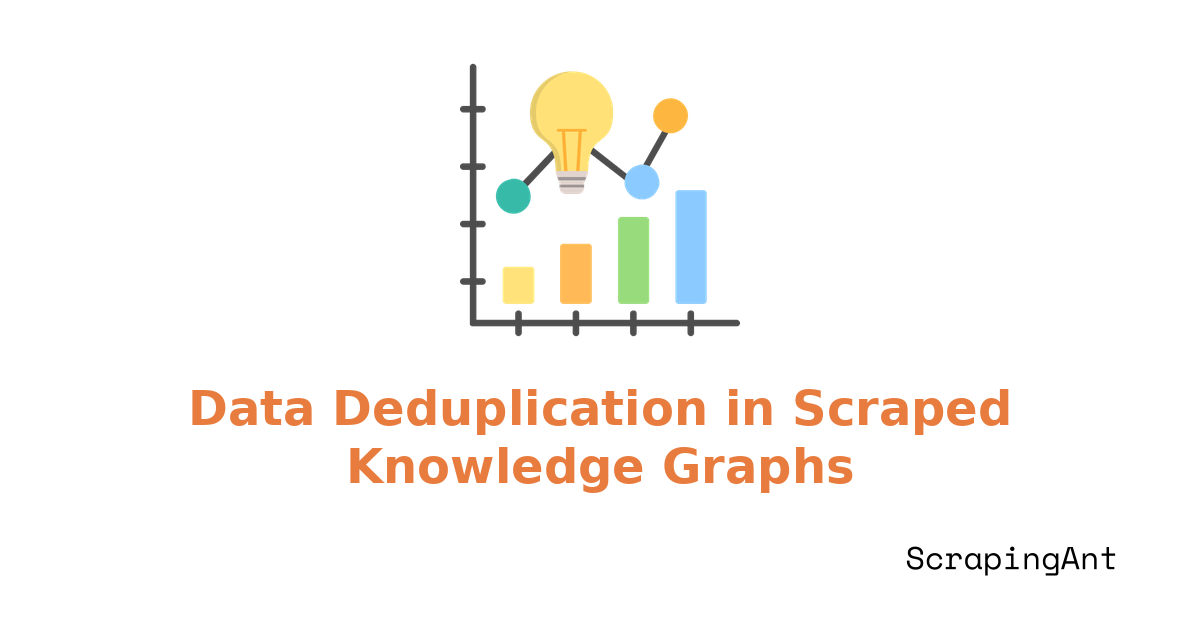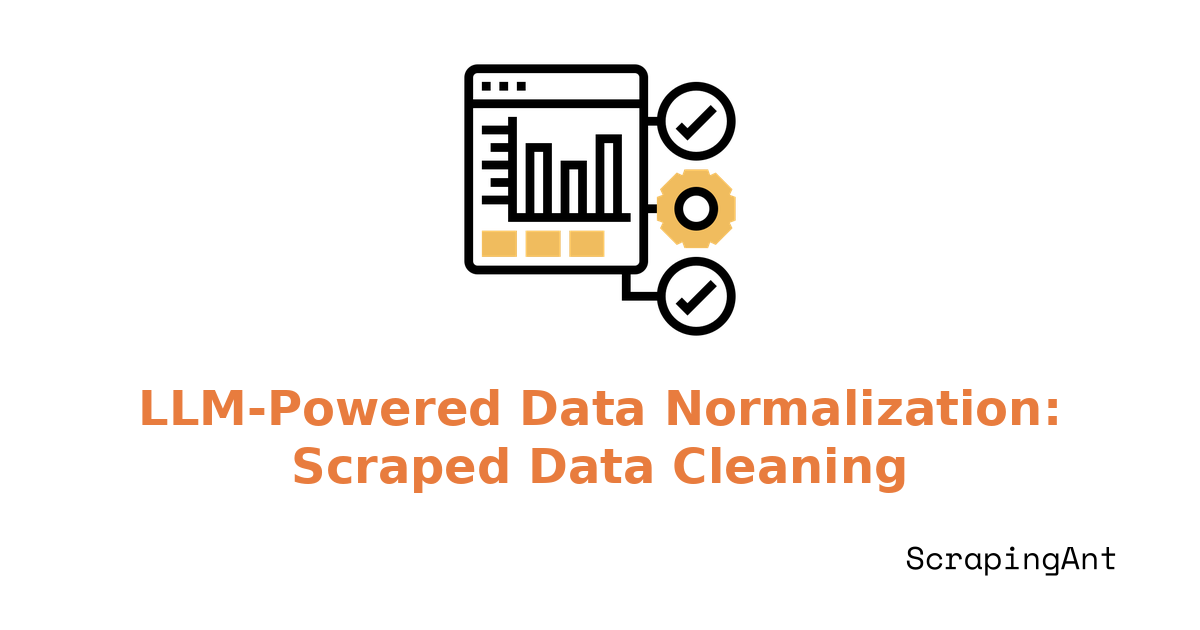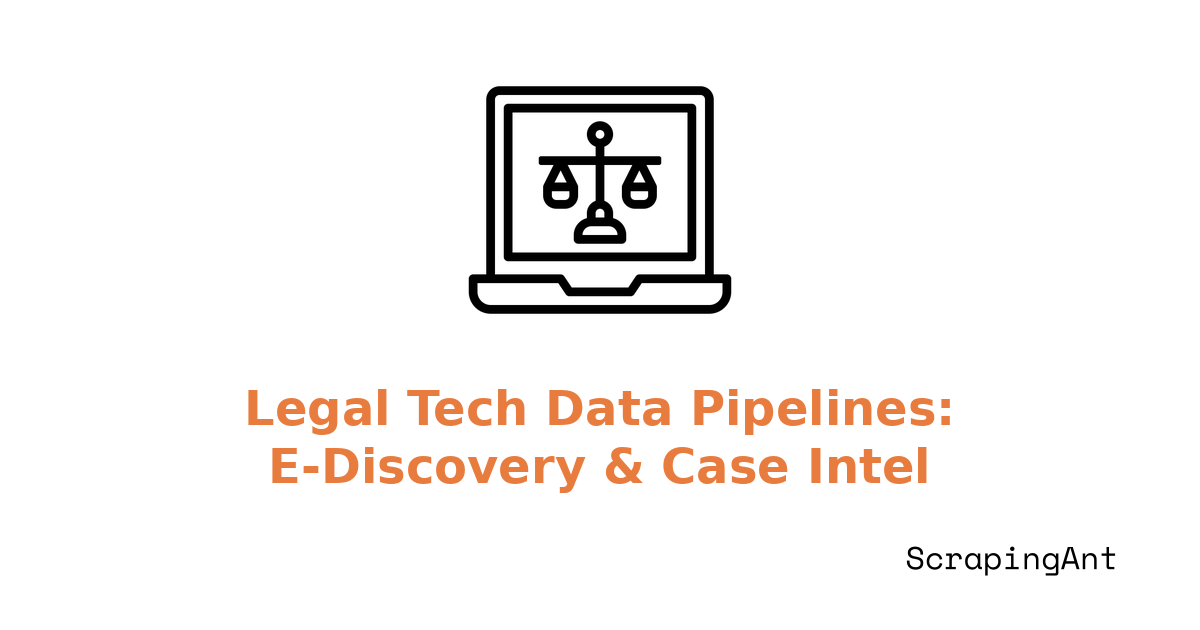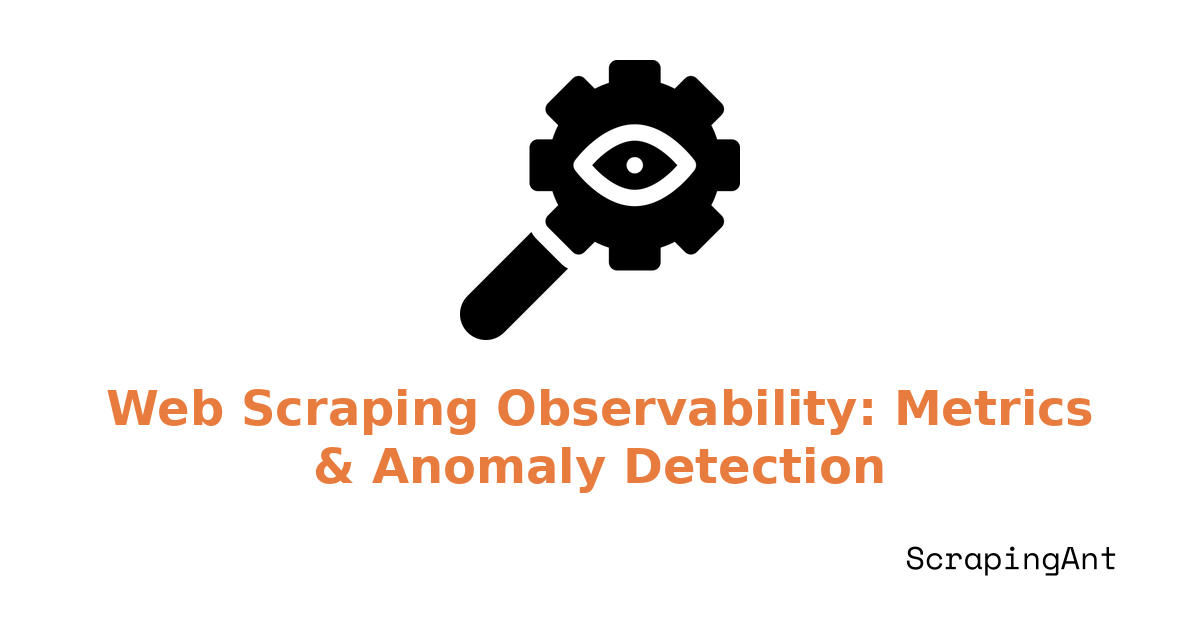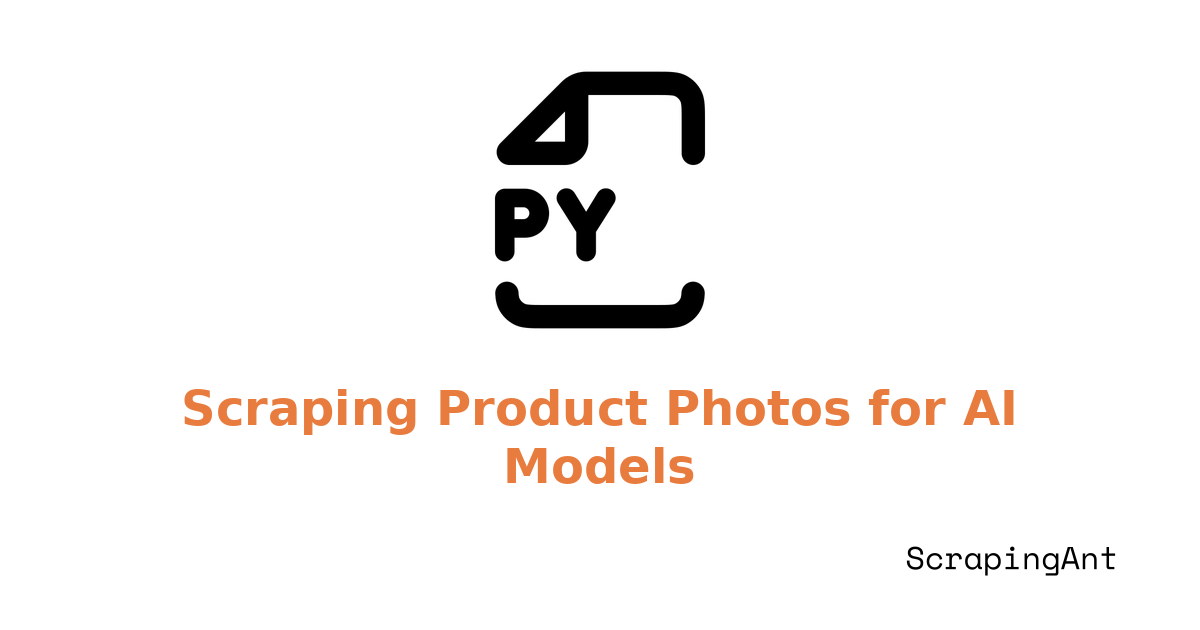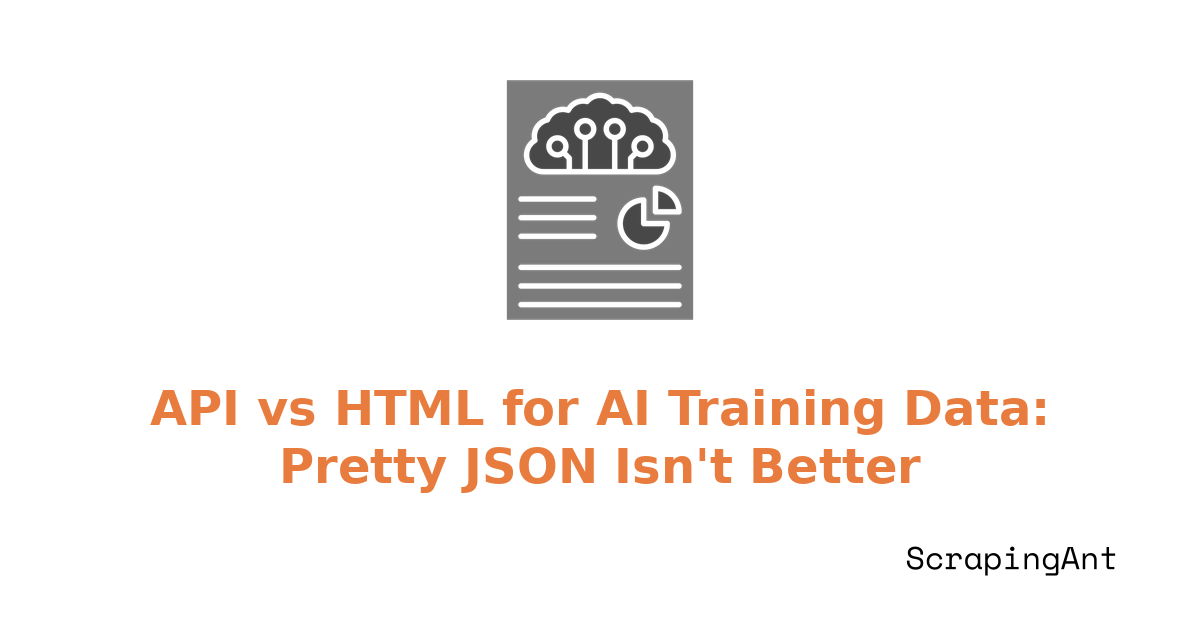
As AI systems increasingly rely on web‑scale data, a growing assumption has taken hold: if a site exposes an API returning “clean” JSON, that API must be the best source of training data. For many machine learning and LLM pipelines, engineers instinctively prefer structured API responses over scraping HTML.
